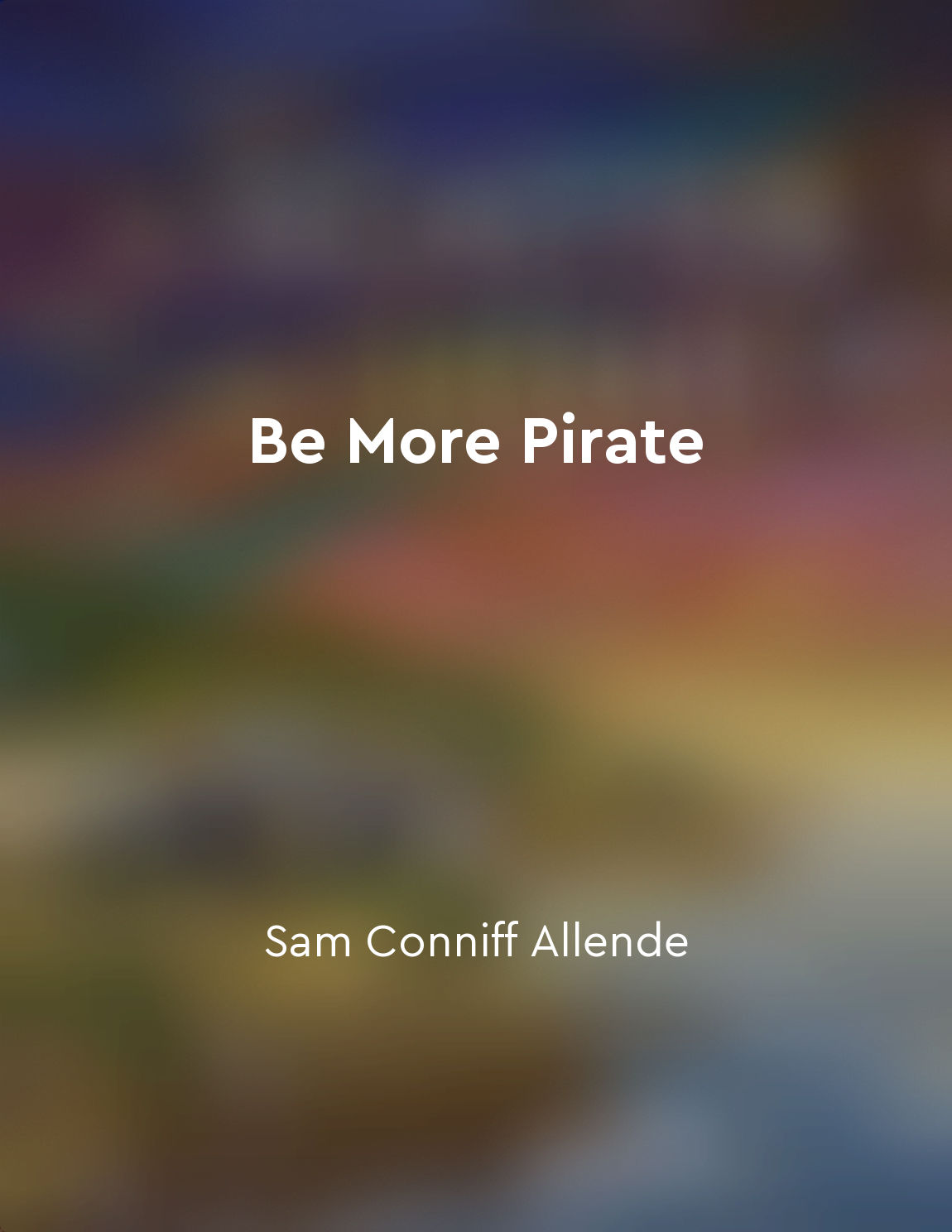History textbooks often distort facts from "summary" of Lies My Teacher Told Me: Young Readers’ Edition by James W. Loewen
History textbooks don't always tell the whole truth. In fact, they often leave out important details or present a biased perspective. When we read these textbooks, we may think we are learning about the past, but in reality, we are only being shown one side of the story. One reason for this distortion is that textbooks are often written by committee. This means that many people have a say in what gets included and what gets left out. As a result, certain voices and perspectives may be silenced or marginalized. This can lead to a skewed version of history that favors certain groups over others. Another issue is that textbooks tend to focus on a narrow set of topics and events. This can give students a limited understanding of the past and make it seem like history is only made up of a few key moments. In reality, history is complex and multifaceted, with many different factors shaping its course. In addition, textbooks sometimes rely on outdated information or perpetuate myths and stereotypes. This can further distort our understanding of the past and perpetuate harmful narratives. By accepting these falsehoods as fact, we may unknowingly perpetuate harmful beliefs and attitudes.- It's important to approach history textbooks with a critical eye. We should question what we read and seek out diverse sources of information to get a more complete picture of the past. By doing so, we can uncover the truth that may have been hidden or distorted in our textbooks.
Similar Posts
The Enlightenment ushered in an era of reason and rational thought
The Enlightenment marked a turning point in human history, as thinkers began to prioritize reason and rational thought over sup...
Historical context is crucial for understanding events
To understand events, one must first examine the historical context in which they occurred. This context provides the necessary...

Challenge the status quo
To challenge the status quo is to question the rules and norms that govern our lives. It is to refuse to accept things as they ...
Ultimately, the enduring legacy of the People of the Book
The lasting impact of the People of the Book is a testament to their resilience and perseverance in the face of adversity. Thro...
Knowledge breeds academic success
The central premise of this work is that knowledge is the key to academic success. The idea is that the more knowledge a studen...
Personal mirrors offer selfdiscovery
Personal mirrors reveal the hidden depths of our being. When we gaze into these mirrors, we confront our true selves, stripped ...
End marks new beginnings
At the end of one chapter, a story concludes, a journey ends, a relationship falls apart. It feels like the end of the line, th...
The sociology of education offers critical insights
The sociology of education provides valuable perspectives that allow us to critically analyze the complexities of the education...

The threat of nuclear weapons has altered the nature of conflict
The advent of nuclear weapons has fundamentally changed the way nations engage in conflict. With the ability to unleash unprece...
Advocacy for education for all
The idea of advocating for education for all is a fundamental principle that underpins the very fabric of a just and equitable ...

